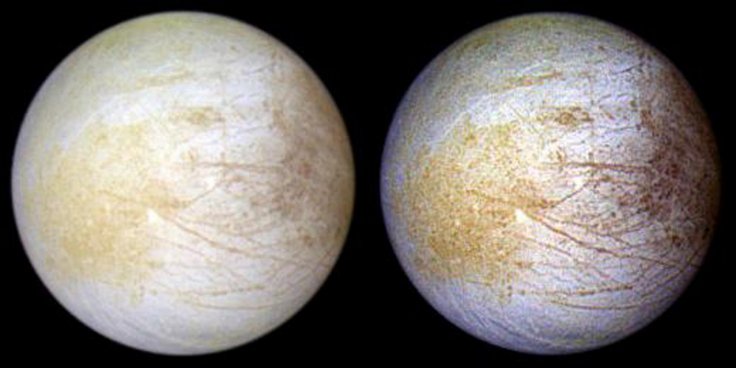
It was in 2017 that researchers at NASA initially submitted a plan to land on Jupiter's moon Europa. Now, the American space agency has confirmed that they will launch the Europa Clipper mission before 2025. Experts believe that this mission to Europa will determine whether Europa could support life.
It should be noted that Jovian moon Europa is widely considered as the best place to support life in the solar system next to the earth. The moon has a crust covered in water and recent analysis has suggested that there is even sea salt on this space body. Several space experts speculate that there could be an underwater ocean beneath the icy crust of Europa and sometimes, alien life might be thriving in these water bodies.
The upcoming mission to Europa will also check whether this space body is viable enough for human planetary colonization.
"We are all excited about the decision that moves the Europa Clipper mission one key step closer to unlocking the mysteries of this ocean world. We are building upon the scientific insights received from the flagship Galileo and Cassini spacecraft and working to advance our understanding of our cosmic origin and even life elsewhere," said Thomas Zurbuchen, associate administrator for the Science Mission Directorate at NASA Headquarters in a recent statement.
A few months ago, a study conducted by researchers at Brown University had discovered tectonic plates underneath the icy shell of Europa. The researchers also discovered subduction in Europa, a process by which tectonic plates pushes each other, that in turn creates the energy needed for the existence of life.
Brian Cox, a popular British physicist had also shared similar views and he claimed that there are high possibilities of discovering unicellular beings from Europa. Several other experts believe that Enceladus, a moon of Saturn is also a hot contestant to discover alien life.









